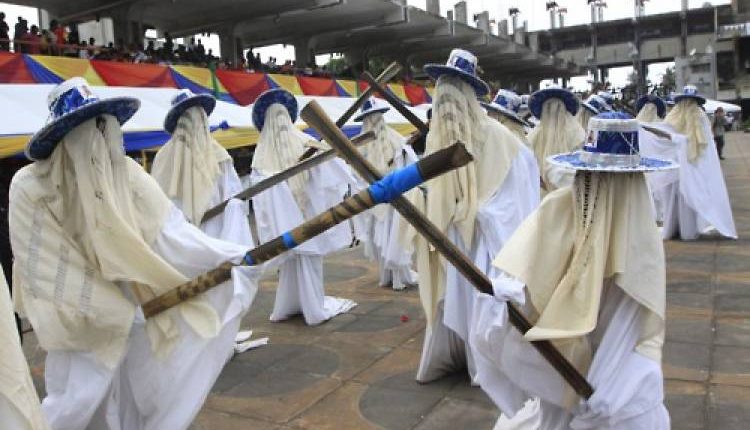
Exploring Nigeria’s Cultural Diversity: A Rich Tapestry of Traditions, Festivals, Art, and Music
Nigeria is home to one of the world’s most diverse cultural landscapes, encompassing over 250 ethnic groups and more than 500 languages. Each group brings its unique traditions, festivals, art, and music, creating a vibrant and colorful tapestry of culture. In recent years, Nigeria’s cultural heritage has drawn increasing interest from global audiences, not only for its depth and beauty but also for how it embodies resilience and communal spirit. This article delves into Nigeria’s rich cultural diversity, covering the various ways Nigerians preserve and celebrate their heritage, particularly through festivals, art, music, and other traditional practices.
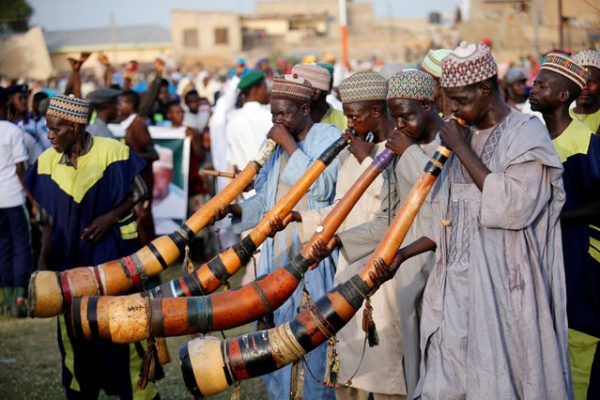
Traditional Nigerian Festivals and Their Significance
Festivals in Nigeria are central to the preservation of cultural heritage, serving as occasions to honor ancestors, nature, and historical events. Many festivals are celebrated annually, drawing thousands of participants from within and outside Nigeria. Here are some of the most significant festivals that showcase the country’s diverse cultural background:
The Durbar Festival
The Durbar Festival, celebrated in Northern Nigeria, is an annual event that pays homage to historical military parades. Held in states like Kano, Katsina, and Zaria, this festival marks the end of Ramadan and Eid al-Adha and brings together Hausa-Fulani horsemen in a grand procession of beautifully adorned horses, royal regalia, and warriors in traditional attire. The Durbar exemplifies Northern Nigeria’s cultural pride and its dedication to maintaining Islamic traditions.
Osun-Osogbo Festival
One of the most renowned cultural events in Nigeria, the Osun-Osogbo Festival, celebrates the Yoruba goddess Osun in Osogbo, Osun State. A UNESCO World Heritage site, this festival involves a procession to the sacred Osun River, where worshippers pray for fertility, prosperity, and protection. The event attracts tourists, traditionalists, and locals, providing a platform for preserving Yoruba spiritual practices and art forms.
Argungu Fishing Festival
Held in Argungu, Kebbi State, this festival is one of the oldest in Nigeria and focuses on fishing as a way to celebrate nature’s abundance. Participants compete to catch the largest fish with bare hands, and the winner is celebrated throughout the town. The Argungu Fishing Festival fosters unity and strengthens the cultural bonds among the local communities.
Eyo Festival
Unique to Lagos, the Eyo Festival is held in honor of departed chiefs and is a significant cultural event in Yoruba tradition. Participants, known as “Eyo,” dress in white flowing robes and hats, representing spirits. The festival serves as the foundation of the famous Lagos Carnival and highlights the Yoruba’s rich religious and cultural practices, drawing attention from across the world.

The Role of Art in Nigerian Culture
Nigerian art, ranging from ancient artifacts to contemporary works, reflects the country’s deep historical roots and creative spirit. Traditional Nigerian art often carries symbolic meanings, including sculptures, textiles, pottery, and beadwork, which are essential for rituals and storytelling. Each ethnic group has distinct artistic practices:
- Yoruba Sculptures: Yoruba art includes wooden carvings and bronze statues, most famously represented in the ancient Ife and Owo artifacts. These pieces, rich in symbolic meaning, continue to inspire modern Nigerian artists.
- Igbo Uli Art: This art form uses intricate line patterns traditionally drawn on the human body and walls. It serves not only as an art form but as a means of communication and social identification.
- Benin Bronzes: The bronze castings of the Edo people of Benin are among Nigeria’s most renowned artifacts, known for their detailed craftsmanship and historical significance.
Today, contemporary Nigerian artists continue to innovate by blending traditional motifs with modern styles. Figures like Bruce Onobrakpeya, an artist from Delta State, and Nike Davies-Okundaye, renowned for her textile art, represent the evolution of Nigerian art on the global stage.
Music: The Soundtrack of Nigerian Identity
Nigerian music is a rich blend of traditional sounds and modern beats, representing the country’s multicultural society. Different ethnic groups have developed unique musical styles, including the following:
- Afrobeat: A globally recognized genre founded by Fela Kuti in the 1960s, Afrobeat combines jazz, highlife, and funk with African rhythms. It is both a musical genre and a form of social activism, as Kuti’s lyrics addressed political issues in Nigeria.
- Fuji and Juju: Popular among the Yoruba people, Fuji music originated in the Islamic wake-up tradition during Ramadan, while Juju music incorporates both traditional Yoruba drums and electric instruments, making it a beloved style in Nigerian celebrations.
- Igbo Highlife: This genre originated among the Igbo people and blends traditional Igbo music with Western instruments, including guitars and horns. Today, it remains popular across West Africa.
- Contemporary Nigerian Music: Today, artists like Burna Boy, Wizkid, and Davido are redefining Nigerian music and sharing it with global audiences. Their music has transformed Nigerian culture into a prominent export, popularizing Afrobeats on international charts and streaming platforms.
How Nigeria’s Cultural Diversity is Preserved and Celebrated
Despite the pressures of modernization and globalization, Nigeria’s diverse cultural heritage remains intact through efforts by local communities, government initiatives, and cultural organizations. These efforts include:
- Local and Community Initiatives: Many ethnic groups have formed organizations that promote traditional customs and practices. For example, the Yoruba Cultural Association and Igbo Societies host events to celebrate traditional values, languages, and clothing.
- Government Support: Nigerian governments, both federal and state, actively fund cultural festivals and build museums. The National Commission for Museums and Monuments (NCMM) is instrumental in protecting historical artifacts and preserving cultural sites.
- Media and Tourism: Nigerian films, music, and arts are showcased in global platforms, creating a renewed interest in cultural preservation. Events like Lagos Fashion Week highlight Nigerian textiles and designs, fostering pride in local culture.
Festivals, music, and art are the lifeblood of Nigerian culture, connecting generations and celebrating the country’s heritage. Through concerted efforts, Nigeria continues to showcase its vibrant cultural identity to the world, honoring its past while embracing a modern future.
In sum, Nigeria’s cultural diversity is not just an asset but a core part of its identity. From festivals and art to music and traditional practices, Nigeria continues to celebrate its heritage with pride and unity. Each cultural event, artwork, and song reminds Nigerians—and the world—of the country’s unique and resilient spirit.


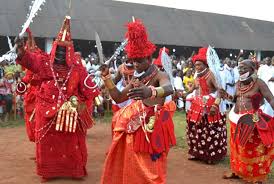
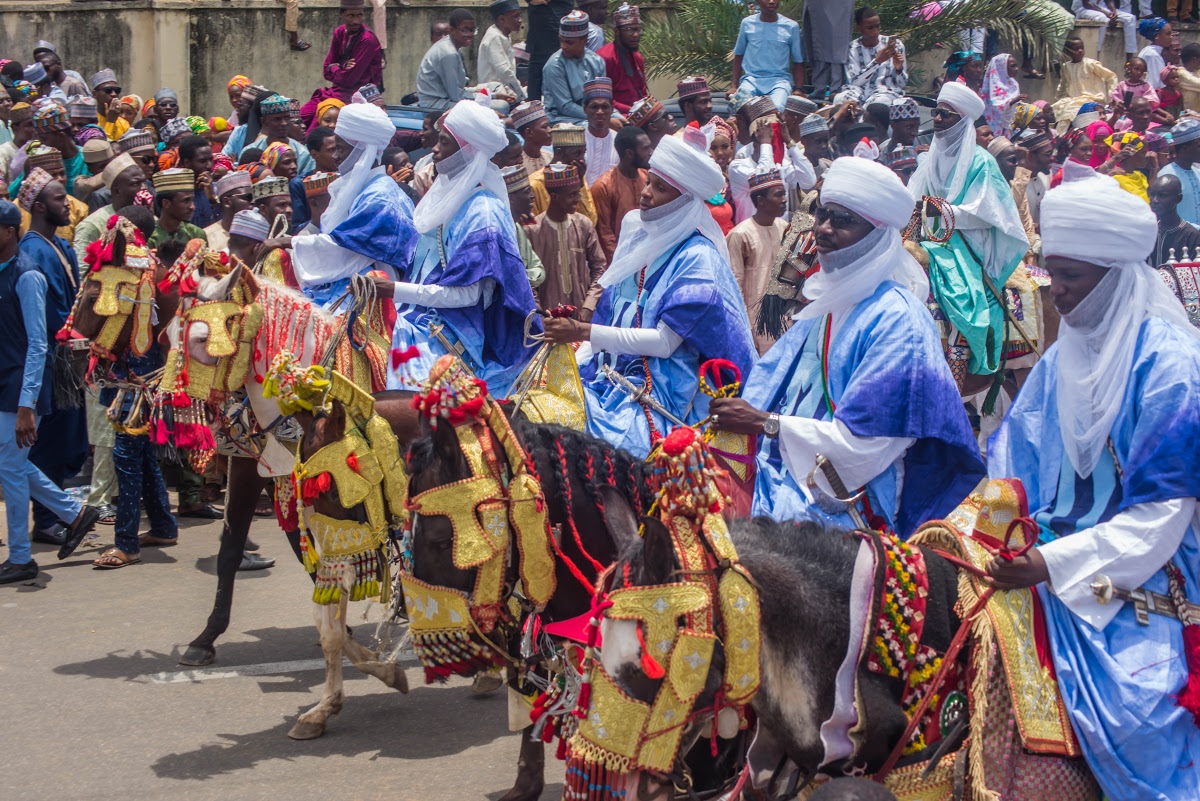
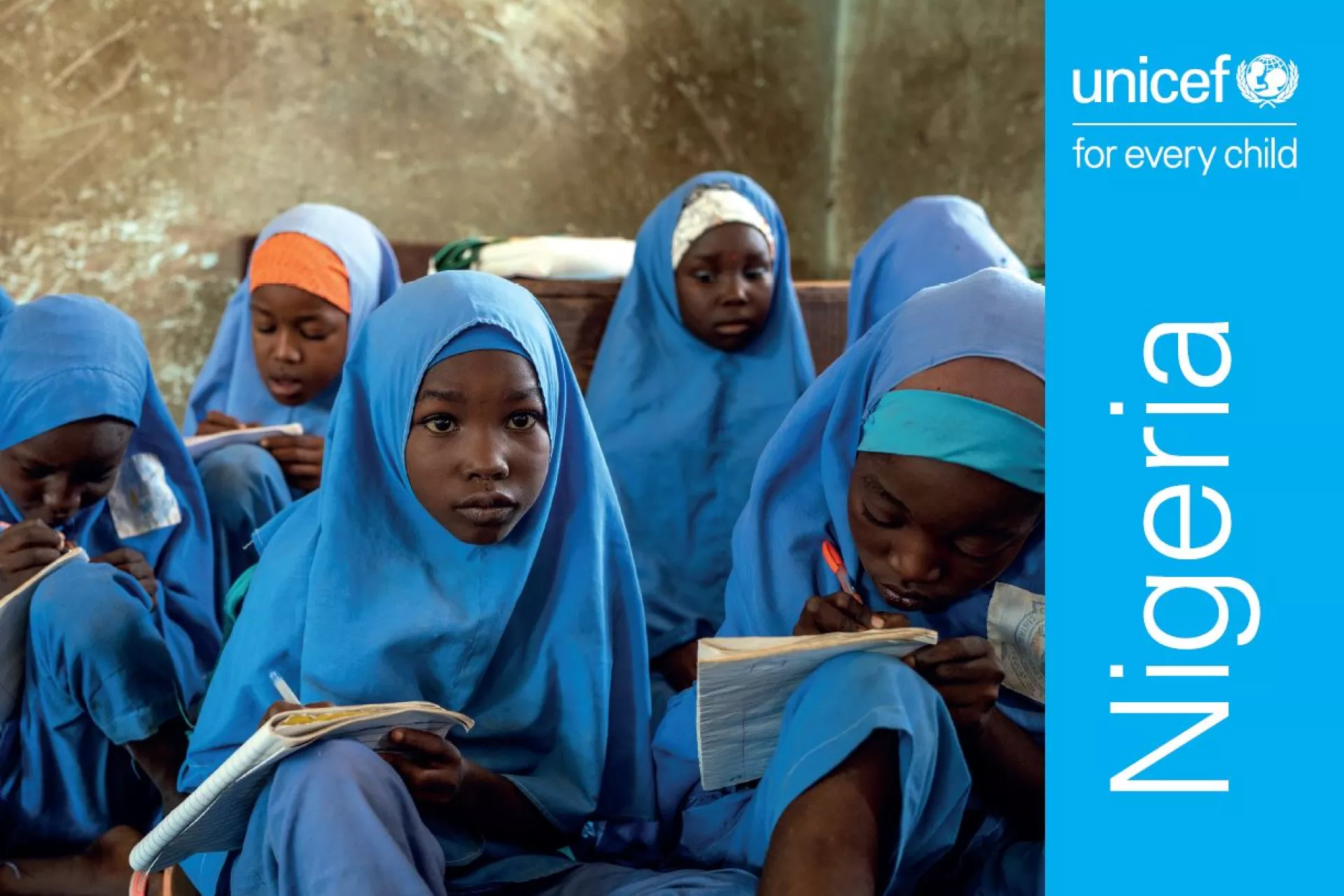
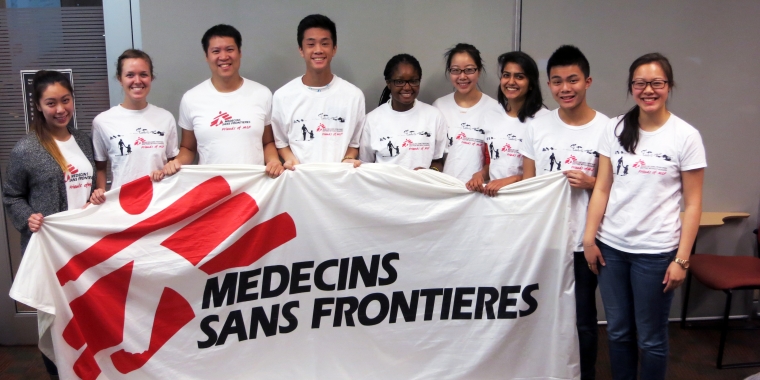

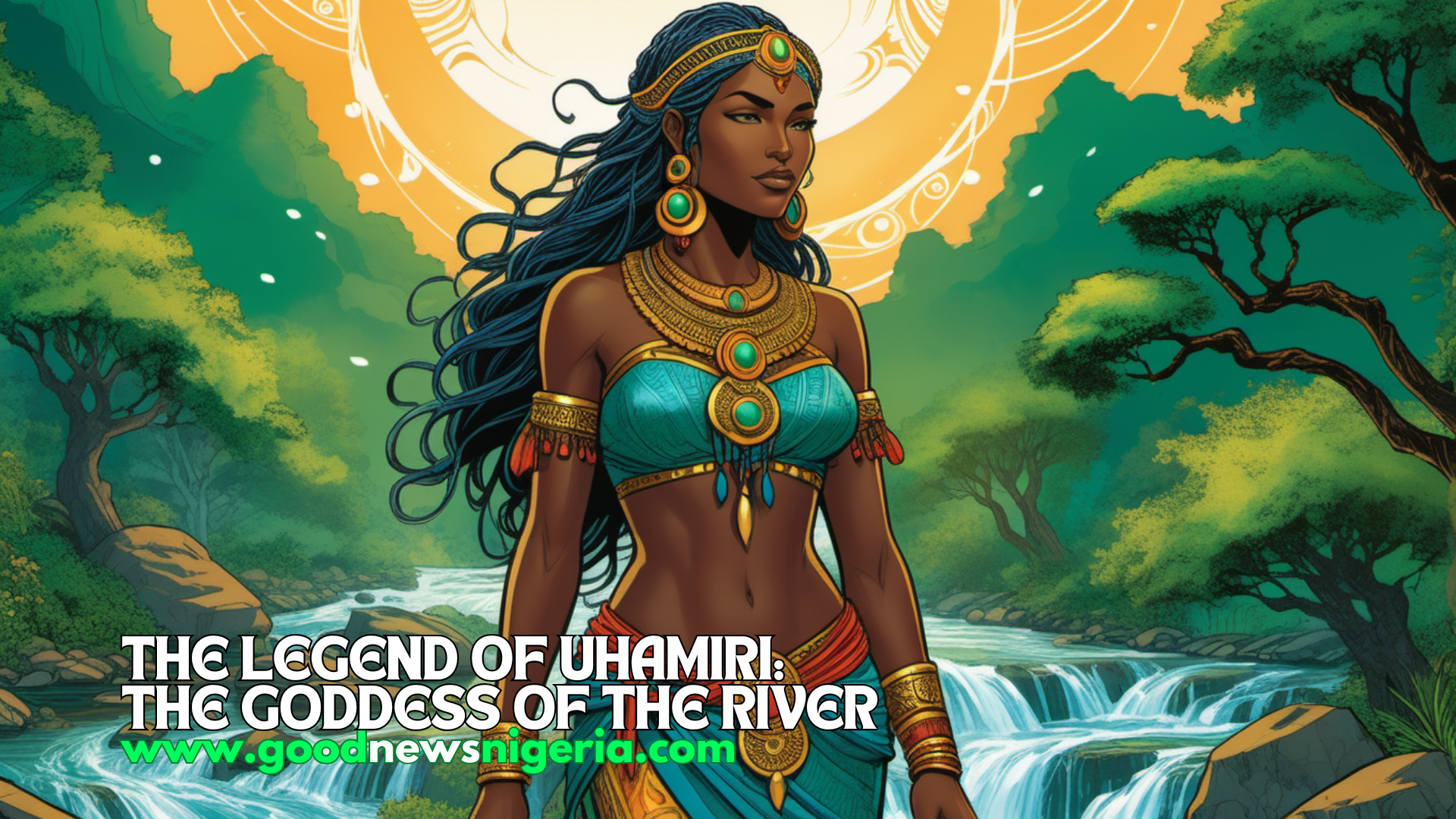
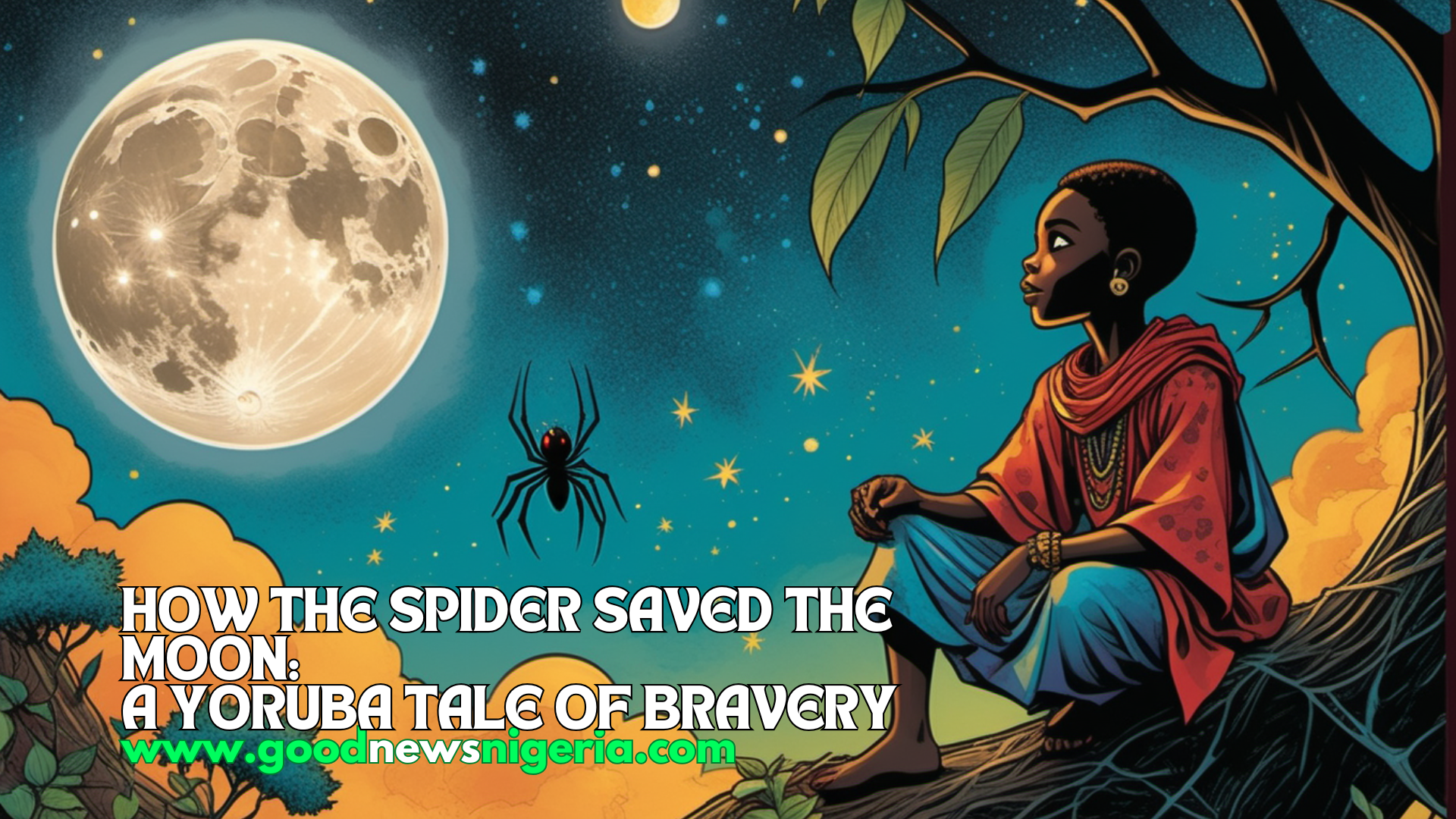
njsok3